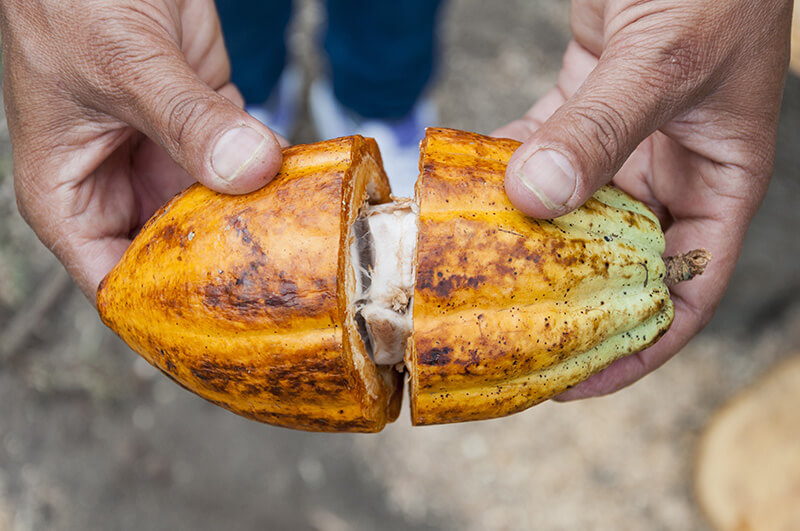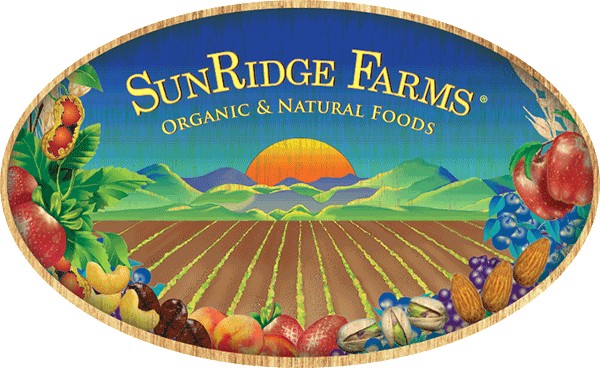
On the surface, Fair Trade is a social movement: a grassroots movement with a goal. Fair Trade products are made with the people and the planet in mind. Fair Trade Certified explains that those with this certification, “[build] a global model around the concept that economic empowerment and sustainable livelihoods are the basis for a market that works for everyone.”
Fair Trade works to ensure that farmers in developing nations gain improved working and trading conditions. It also works to improve sustainable farming practices and thriving healthy communities.
How Does it Work?
Anything that is Fair Trade Certified has been produced according to these rigorous social, environmental, and economic standards.
One of the most unique aspects about Fair Trade is that when you purchase a Fair Trade Certified item, a portion of that sale is directed to a “community development fund.” With this fund, Fair Trade farmers and their communities get to vote for what they see is needed most in their community. The money could go to anything from a dental hygiene program, to sustainable farming technique training, to meals for school children. When you purchase Fair Trade, you are empowering an entire community to take initiative to improve their living and working conditions.
The crops with the most focus are coffee, cocoa, wine, sugar, handicrafts, fruit, chocolate and even flowers. About half of the farmers and workers involved in Fair Trade globally, are small scale coffee farmers. When farmers produce at Fair Trade standards, they benefit in a number of ways: one of those ways is income sustainability, which creates a minimum living wage that farmers must receive regardless of market fluctuations.
Fair Trade standards keep the environment at the forefront of their focus. It, “…supports some of the most bio-diverse farming systems in the world. When you visit a Fair Trade coffee grower’s fields, with the forest canopy overhead and the sound of migratory songbirds in the air, it feels like you’re standing in the rainforest.” -Professor Miguel Altieri, Leading expert and author on agroecology.
Fair Trade Cacao
SunRidge Farms®, because of our product line, supplies several Fair Trade chocolate items. Fair Trade cacao is especially important because of the epidemic of child labor involved in much of conventional cacao farming. Believe it or not, if you purchase conventional chocolate, it is likely that there may have been child labor, and even slave labor, involved in its’ production.*
“A Tulane University report on child labor in the cocoa sector in the Ivory Coast and Ghana found that 25 to 50 percent of the children in households in both countries work on cocoa farms. The Ivory Coast, Ghana and other West African countries produce 75 percent of the world’s cocoa, and the Ivory Coast produces 40 percent of that total. The U.S. Department of State in 2009 estimated that there were over 109,000 children working in Ivory Coast’s cocoa industry, and about 10 percent were victims of human trafficking or enslavement. (Oversight Report on Child Labor) ; (Bureau of Democracy, Human Rights, and Labor)”-reported by Gina-Marie Cheeseman for the Los Angeles Post
By supporting Fair Trade, you support fair labor practices and contribute directly to the fight against child and slave labor.
Browse our line of Fair Trade chocolate items here.
What to look for?
Fair Trade Certified items are becoming more readily available in stores across the country. You can browse Fair Trade Certified’s Shopping Guide online to find brands with certified Fair Trade items. You can also take the Fair Trade Pledge today, and share it with your friends to encourage them to do the same.
*SunRidge Farms is wholly committed to ethical sourcing of all of our cocoa. We source Fair Trade Cocoa and organic when possible, but regardless of certification, all of the cocoa used in our products has been thoroughly vetted and is sourced from suppliers committed to sustainability, education, and community improvements.
TAKE THE FAIR TRADE PLEDGE TODAY
